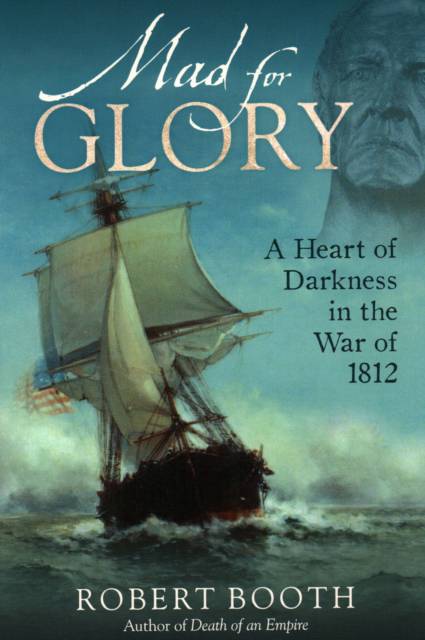
- Retrait gratuit dans votre magasin Club
- 7.000.000 titres dans notre catalogue
- Payer en toute sécurité
- Toujours un magasin près de chez vous
- Retrait gratuit dans votre magasin Club
- 7.000.0000 titres dans notre catalogue
- Payer en toute sécurité
- Toujours un magasin près de chez vous
32,95 €
+ 65 points
Description
In October, 1812, as the 32-gun U.S. frigate Essex ventured out against the British enemy, only one man had any idea that this cruise would turn into the longest, strangest naval adventure in American history. That man was Captain David Porter, who had decided to run off with the navy's ship and its three hundred men to fight a separate Pacific war--one of privateering, pillaging, and orgies. Drawing on Porter's own writings and the accounts of eyewitnesses, the author memorably recounts the events of a dark and fatal voyage in which David Porter crosses the line from commander to cult-leader, from improbable fantasy to disastrous reality. In a tale so amazing that it reads like fiction, Porter, impelled by his own demons and by rivalry with the ghostly British buccaneer Lord Anson, took his men and boys on a seventeen-month mystery tour that did not end until he had disrupted the Chilean revolution, captured the entire English whaling fleet (manned mainly by Americans), vanished into the enchanted Galapagos, and re-emerged in Polynesia, where he made himself the conqueror-chief of the stone-age Nukuhivans. In the end, when he sought redemption with a glorious victory over a British opponent, he failed terribly and sacrificed the lives of one-third of his crew to his personal notions of heroism. Robert Booth tells the story of the ill-fated Essex with accuracy, immediacy, and a broad vision of its meanings as an epic of war, a gripping tale of the sea, a brilliant portrait of a disturbed and disturbing American hero, and a geo-political thriller that sheds new light on the origins of U.S. imperialism, the tragedy of missed opportunities, and the disastrous and permanent impact of Porter's rampage on the peoples of the Pacific.
Spécifications
Parties prenantes
- Auteur(s) :
- Editeur:
Contenu
- Nombre de pages :
- 288
- Langue:
- Anglais
Caractéristiques
- EAN:
- 9780884483571
- Date de parution :
- 05-11-15
- Format:
- Livre relié
- Format numérique:
- Genaaid
- Dimensions :
- 152 mm x 231 mm
- Poids :
- 476 g

Les avis
Nous publions uniquement les avis qui respectent les conditions requises. Consultez nos conditions pour les avis.






